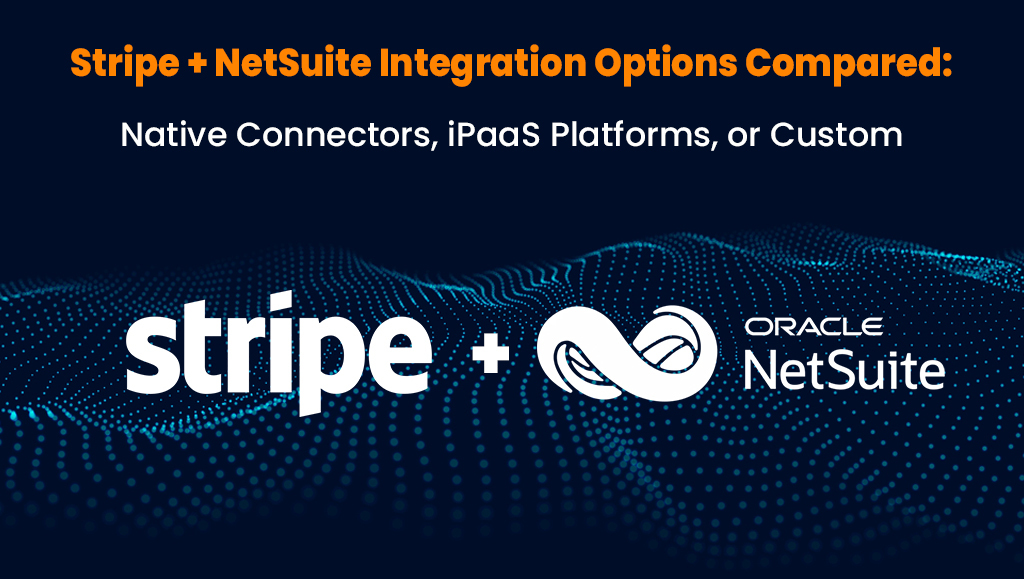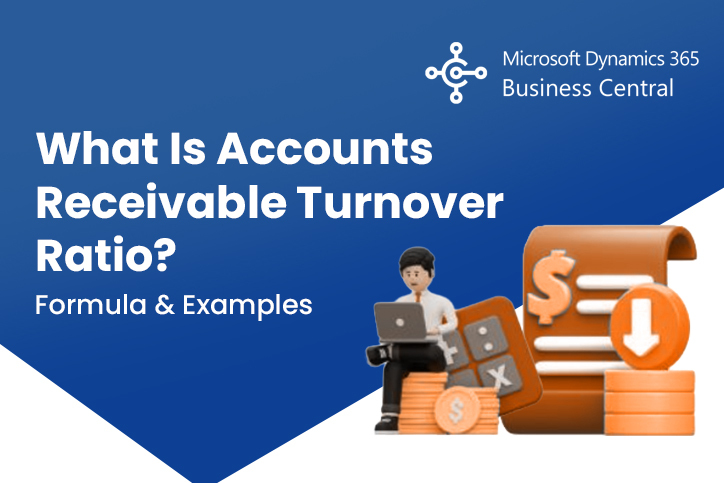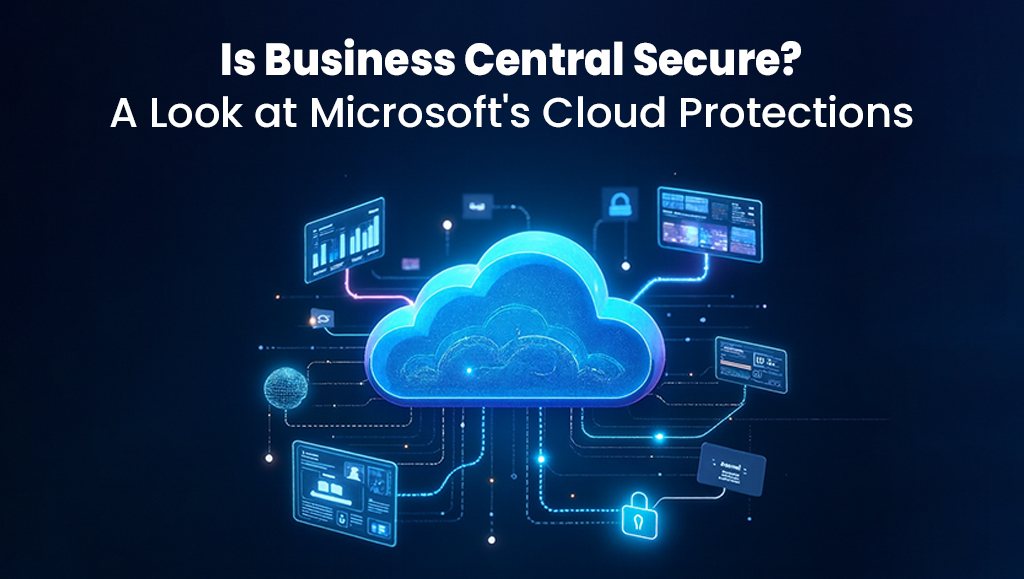Cyber threats are getting smarter every day and keeping your Oracle databases secure is not just important but it is must now. Data breaches, ransomware, insider threats and phishing attacks are more advanced than ever, putting sensitive information at risk. That’s why businesses like yours need strong database security solutions to stay protected.
You can keep your most valuable data safe, meet compliance requirements and avoid costly breaches by using Oracle Database Security tools and best practices. In this blog, we will understand the latest threats, Oracle Advanced Security solutions and steps to reinforce your database administration services against cyber risks.
Growing Cybersecurity Risks for Oracle Databases
Cybercriminals use smart techniques to attack Oracle databases by taking advantage of weak access controls, outdated security, and insider risks. Some major threats include:
1. SQL Injection Attacks
Cybercriminals inject harmful SQL code into a database to gain unauthorized access to sensitive data. Without strong security controls they can manipulate, steal and even delete important business information.
2. Insider Threats
Discontented employees or negligent staff members can misuse database access, causing unauthorized data exposure or intentional sabotage. Implementing database administration support services with strict access controls can mitigate this risk.
3. Ransomware Attacks
Hackers encrypt a database and demand a ransom to restore it. Without strong database support companies may struggle to recover from such attacks and may face downtime and financial loss.
4. Credential Theft and Unauthorized Access
Weak passwords and poor security measures makes it easy for cybercriminals to gain unauthorized entry into Oracle databases, increasing the risk of data breaches.
5. Advanced Persistent Threats (APTs)
Advanced cyberattacks steal data over time and can go unnoticed for months. Hence you need proactive DBA managed services to detect and prevent these threats.
How to Secure Oracle Databases with Advanced Security Measures?
Securing Oracle databases requires multiple layers of security that combines encryption, access controls, monitoring and regular security updates. Here’s how you can strengthen your database security:
1. Implement Oracle Advanced Security for Data Protection
Oracle Advanced Security provides encryption, data masking and concealing features to prevent unauthorized access. Key security tools include:
- Transparent Data Encryption (TDE) – Encrypts database files at rest to prevent data theft.
- Data Redaction – Masks sensitive data in real-time, ensuring only authorized users see confidential information.
- Data Masking and Subsetting – Hides personally identifiable information (PII) in non-production environments.
2. Strengthen Authentication and Access Controls
Restricting database access is critical to preventing breaches. Companies should:
- Use multi-factor authentication (MFA) for an added layer of security.
- Allow employees to access only the data they need for their role.
- Regularly audit user accounts and remove unnecessary privileges.
3. Conduct Regular Security Audits and Vulnerability Assessments
A proactive security approach includes:
- Performing frequent penetration testing to identify vulnerabilities.
- Running patch management programs to apply the latest Oracle security updates.
- Using database support services to monitor and respond to potential threats.
4. Set up Real-Time Threat Monitoring and Unusual Activity Detection
Real-time monitoring is essential because cyber threats evolve quickly. Hence you should:
- Use Oracle Audit Vault and Database Firewall to track and block suspicious activity.
- Enable security logging and alerting for immediate threat detection.
- Integrate database administration services with SIEM (Security Information and Event Management) systems for proactive monitoring.
5. Secure Backups and Disaster Recovery Plans
Having a solid backup and recovery plan ensures business continuity in case of a breach. Best practices include:
- Implementing automated daily backups stored in secure locations.
- Using database replication and failover solutions to minimize downtime.
- Regularly testing disaster recovery plans to ensure quick data restoration.
Best Practices for Enhancing Oracle Database Security
Beyond advanced security tools, you should adopt industry best practices to reinforce database security:
✔ Keep Oracle software updated – Regularly apply patches to fix security flaws.
✔ Educate employees – Train your staff on phishing, insider threats and security hygiene.
✔ Enforce strict password policies – Use complex, unique passwords and update them regularly.
✔ Segment databases – Separate sensitive data to reduce exposure in case of a breach.
✔ Limit remote access – Disable unnecessary remote database access to reduce attack risks.
The Role of DBA Managed Services in Cybersecurity
Here is what DBA managed services offer:
✔ 24/7 database monitoring to detect and mitigate threats in real time.
✔ Proactive security updates to ensure databases stay protected.
✔ Incident response planning to reduce downtime in case of cyberattacks.
✔ Regulatory compliance support for GDPR, HIPAA, and other data protection laws.
By using SoftArt’s expert database administration services, you can focus on growth while we ensure that your Oracle databases remain secure and resilient against cyber threats.
Final Thoughts – Strengthening Your Oracle Database Security Strategy
As cyber threats continue to evolve, you must take a proactive approach to securing Oracle databases. By investing in database security solutions, you not only protect sensitive data but also ensure compliance, maintain business continuity and avoid costly breaches. Start implementing these best practices today! Get in touch with us to learn how SoftArt can help safeguard your database with expert solutions. +1 603-303-3003
FAQs
How often should Oracle databases be updated for security?
Ans. It’s recommended to apply security patches as soon as Oracle releases them, typically on a quarterly basis. Delaying updates increases vulnerability to cyberattacks.
Can small businesses afford advanced Oracle database security solutions?
Ans. Yes, many database administration services offer cost-effective security solutions tailored for businesses of all sizes. Investing in security is significantly cheaper than recovering from a breach.
What’s the most common reason for Oracle database breaches?
Ans. Weak access controls, outdated software, and insider threats are leading causes of security incidents. Implementing strong authentication and regular security audits helps mitigate these risks.
How does Oracle Advanced Security protect against ransomware?
Ans. It encrypts data using Transparent Data Encryption (TDE), preventing unauthorized access even if attackers infiltrate the system.
Do businesses need a dedicated DBA team to manage security?
Ans. Not necessarily. Many companies use DBA managed services to handle database security, monitoring, and compliance without maintaining an in-house team.








